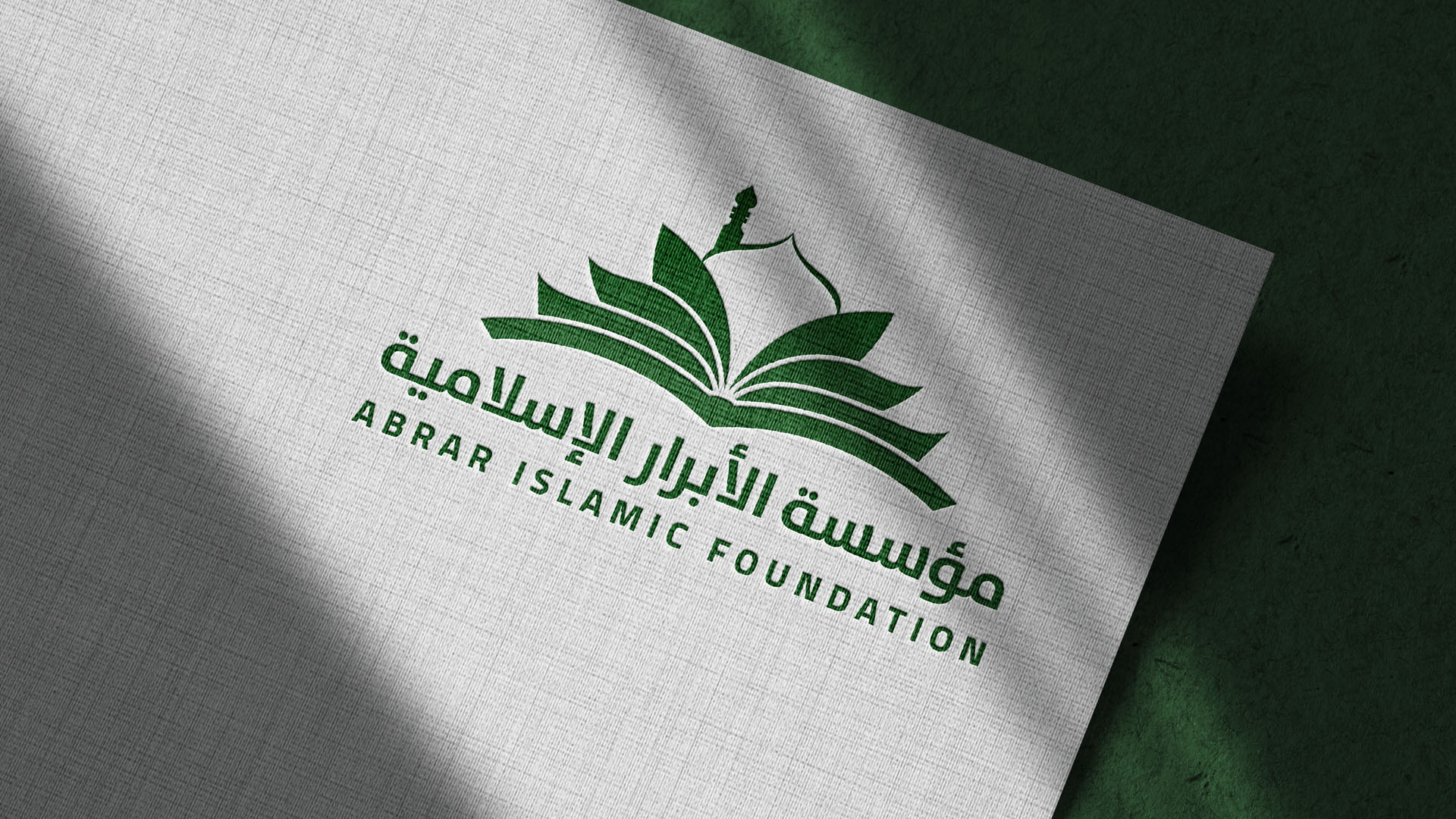
Prophet’s demise: Keeping Mohammed present
The demise of Prophet Mohammed sealed the era of divine revelations for good. He was the last of God’s messengers and prophets and the holy Quran was the last holy text. He managed to establish a unique ruling system that laid the foundation for a just society for all, but it was short lived. The divine will would have led to a political continuum if the early Muslims had shown total submission to the divine through Mohammed. But he was targeted before he had left. Shortly before his demise he demanded pen and paper, but his request was flatly denied on the grounds that he was too ill to understand what he was doing. Upon his demise the Mus-lims put an end to his legacy and targeted his household. That act had deprived the humanity of the divine guidance that his household would have provided if they were allowed a swift take-over of the state in accordance with Moham-med’s commands. But the few who had hatched a political plot to seize power upon his demise had contributed to the deprivation of the subse-quent Muslim generations of the great benefits of Mohammed’s legacy. On several occasions prior to his final pilgrimage, the prophet had repeated his command to the Muslims: I am leaving behind two weighty (treasures); Allah’s book (the Quran) and my household; you will never go astray as long as you behold them”. Instead of heeding this call, those who assumed the political power in the decades after Moham-med’s demise waged successive wars against Mohammed’s descendants. His grandson, Hussain was brutally killed in Karbala half a century later. All the men who were accompany-ing him met the same fate. Their heads were chopped off and dispatched to Yazid, the Umay-yad ruler who had been imposed by his father, Mu’awiyah.
Those tragic episodes are among the reasons for ignoring anniversaries linked to Mohammed. His birthday has been ignored by many of Muslims on the baseless ground that it is blasphemous to mark it. His demise anniversary has not faired better. This tradition has been followed by rulers and religious leaders over the past 14 centuries as the war against the pure Mohammedan Islam continues. The pure divine religion promotes equality of mankind, equal political opportuni-ties for all, equitable policies of wealth distribu-tion and negates the attempts by some individu-als or groups to raised themselves to the level of God. It is a divine message that aims at preserv-ing the rights, dignity and sanctity of the human
souls, surpassing any divisive lines on the basis of race, tongue, creed or social status. However, throughout history, there have always been forc-es of evil that seek to derail the divine process and establish alternative sources of legitimacy. When Mohammed targeted the idols, he was not only breaking statues made of stone, but at-tempting to eradicate the symbols of tyranny, perversion and evil.
The attempts to sideline the Mohammedan Islam started in his lifetime. However, it continued soon after his demise. Within a short period of time after that official orders were issued ban-ning the documentation of his traditions. The argument was that people would confuse it with the holy Quran. It took more than eight decades for this ban to be removed by the Umayyad ca-liph, Umar bin Abdul Aziz who became the eight Umayyad caliph in the year 99 AH.
In this context, it may be argued that perhaps the most catastrophic event that plunged the future of the pure Mohammedan Islam into disarray was the prophet’s demise in the year 11AH. It represented a watershed in the history of the religion as it ignited the desires of some individ-uals to grab political power. The path of the Mo-hammedan Islam was thus dangerously derailed. This derailment caused enormous losses to Islam and Muslims who were forced to follow a differ-ent path to that prescribed by Mohammed him-self. The purity, clarity and purposefulness of the divine religion suffered immensely and contin-ued to diverge further from the original tenets of the true Mohammedan Islam. The marking of the advents linked to the prophet himself is a necessary policy to end this divergence and re-turn to the original path drawn by Mohammed during his life especially at his last public event at Ghadir Khumm after his first and last pilgrim-age. The prophet’s path will lead us to success.

